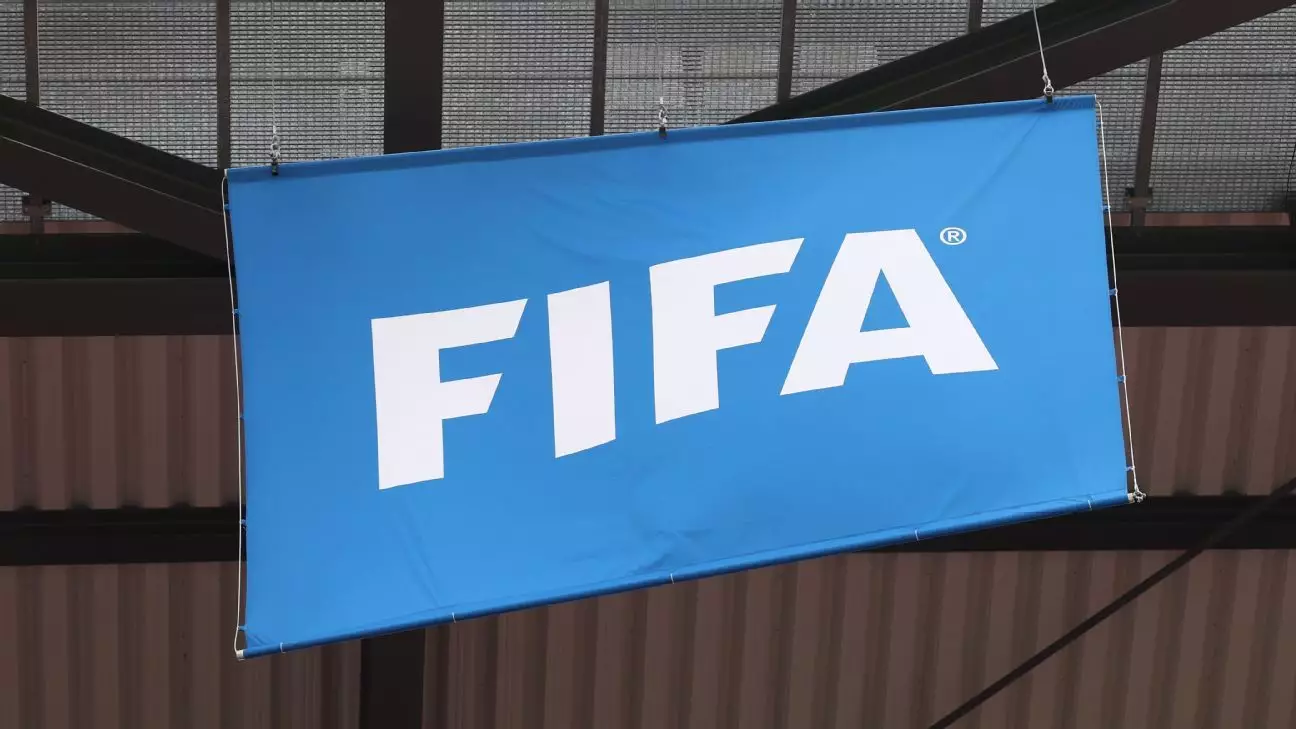In a groundbreaking move that signifies a potential turning point for professional football, European football authorities and the global players’ union, FIFPRO, have united in their opposition to FIFA’s authority over the international football calendar. The collaboration, which culminated in the filing of an antitrust lawsuit with the European Commission in Brussels, has drawn attention to an escalating issue within the sport: the demanding and often chaotic scheduling that prioritizes profit over player welfare. As stakeholders voice their concerns, the complexities surrounding the governance of football intensify.
Collective Action Against FIFA
The lawsuit, jointly submitted by FIFPRO and the European Leagues—representing 37 domestic leagues—claims that FIFA is exploiting its dual role as both the organizer of tournaments and the regulator of the football calendar. LaLiga’s president, Javier Tebas, characterized the event as “one of the most important days in football,” drawing compelling parallels to the resistance against the controversially proposed European Super League. Richard Masters, the Premier League’s chief executive, emphasized that the sport has reached a “tipping point,” suggesting that the pressure mount among players and leagues is becoming unsustainable as they grapple with increasing fixture congestion.
Importantly, although LaLiga is not officially a member of the European Leagues, its involvement in the lawsuit underscores broader discontent within European football regarding FIFA’s decision-making processes. The sentiment expressed by various football leaders is indicative of a larger narrative—a call for a reevaluation of how global football operations are managed.
The mounting concerns about player welfare have become an urgent topic among players, coaches, and health professionals. FIFPRO has engaged in negotiations with FIFA but reports reveal a troubling pattern of consistent refusal by FIFA to consult with player representatives. This lack of engagement, coupled with FIFA’s recent decision to host an expanded Club World Cup in the U.S., has been deemed excessively ambitious and detrimental.
With an incessant demand for more matches, players are finding themselves at a breaking point. Manchester City’s Rodri has acknowledged that the negativity surrounding excessive match schedules could culminate in players considering a strike—an extraordinary step that reflects a serious crisis in player labor relations. The champions of the Premier League, while largely unaffected by the number of fixtures they play, recognize the troubling trend of ever-expanding competitions and highlight the imbalance that has emerged.
Contrasting the position of FIFPRO and European Leagues, FIFA staunchly defends its latest football calendar—approved through its council, which includes members from player unions and leagues—arguing that it is essential for the coexistence of domestic and international football. According to FIFA, the newly structured calendar, set through to 2030, will help sustain the growth of global football.
However, a source from ESPN has revealed that FIFA views the impending Club World Cup as relatively benign, arguing that its infrequent occurrence limits its impact on the overall football calendar. This claim, however, fails to resonate with the broader sentiment among players, with FIFPRO’s findings revealing overwhelming support for a reduction of fixtures and a mandated rest period, as nearly 72% of players have expressed agreement with this proposition.
The Broader Implications of Legal Challenges
FIFPRO and the European Leagues’ antitrust lawsuit is not an isolated challenge to FIFA. In June, domestic players’ unions from England, France, and Italy initiated legal action against FIFA at the Brussels Court of Commerce over similar concerns regarding the international match calendar and its implications for player rights, particularly focusing on the need for mandated holiday periods for recuperation.
This legal push advocates for necessary changes, including a proposed rest period ranging from three to four weeks annually—an imperative for sustaining the long-term health of professional athletes. As the landscape of professional football continues to evolve, this continuing legal struggle signals a broader pushback against monopolistic practices and an insistence on prioritizing the rights and welfare of players.
The collective action taken by FIFPRO and European leagues against FIFA represents a critical juncture in professional football, emphasizing the dire need for a balanced approach to competitive schedules. As advocates for player welfare strive to regain control over their professional lives, the industry must engage in substantive discussions to realign priorities—putting the players at the heart of decision-making processes. The outcome of this lawsuit, along with other legal challenges against FIFA’s governance, will ultimately shape the future of football. The dialogue on how the sport is managed is now more crucial than ever, and the outcomes could redefine the relationship between governance and the wellbeing of those who dedicate their lives to the game.

